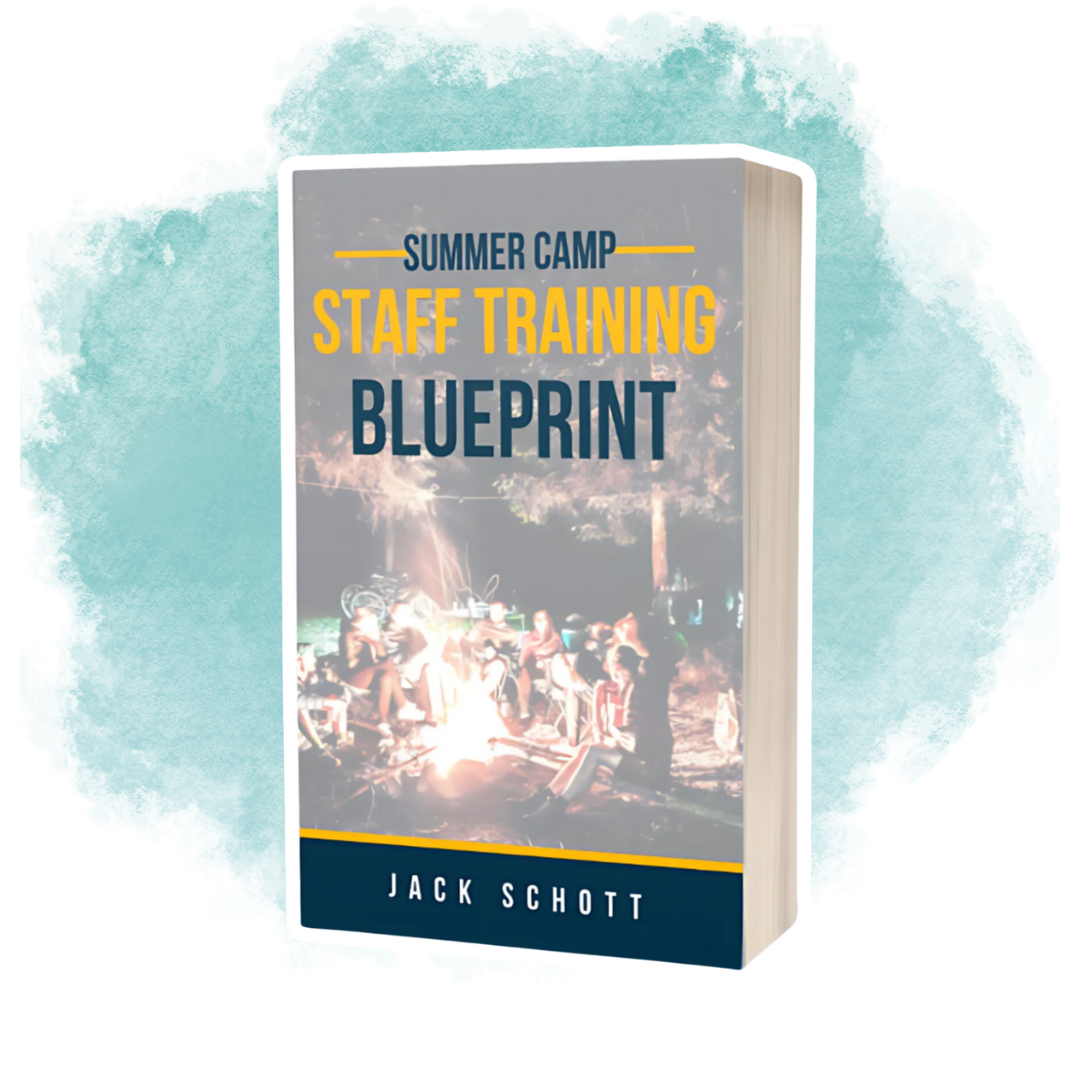Kurtz’s Communication Tips for New Seasonal Leaders
Communication Tips for New Summer Camp Seasonal Leaders
As a seasonal leader, communication becomes even more important. In fact, in my experience, most of the most annoying or pointless problems at camp (*ahem* drama!!) happen because there has been a failure in communication—either sharing too much or sharing too little. Here are three techniques I have seen successful seasonal camp leaders use to communicate effectively:
1. Understanding Confidentiality
In a leadership role, you may have access to (and actually need access to) heaps of confidential information. From health forms to staff evaluations or the “real” scoop on why someone was fired, you may be tempted to share this information with others. Most of the time, it is inappropriate to share confidential information. However, you will have to make a decision whether or not to share it every time you are asked or feel the need to share. This challenge brings me to my first tip: Only share confidential information with someone who can help.
For instance, you may learn from a camper’s confidential health form that she is recovering from an eating disorder. You may decide that it would be appropriate to discuss this information with the camp nurse in order to develop a safe environment and/or learn about considerations you need to make. You may decide that it would be inappropriate to share the information with the arts and crafts instructor—if he knows about this camper’s past eating disorder, it would not necessarily serve to help her.
2. Communicating Up
When you have a problem, it is always a good idea to communicate it to your boss. However, what you don’t want to do is make yourself obsolete by always asking your boss for solutions. Plus, in her eyes, it may seem that you are not doing your job. So, when you are faced with a problem, summarize it for your boss, and then tell her your proposed solution or solutions, asking her to weigh in. (Shoutout to my first boss when I was a camp director, Josh Humbel, for giving me this sage advice!)
Even if you have sufficiently solved a problem on your own, it’s always a good idea to fill your boss in. The best technique I have found is a quick summarization email that I would send to her almost immediately after solving the issue. This way, she can point out anything you missed or any required follow-up—and be prepared if she gets a call about the issue.
3. Soliciting Feedback
Many seasonal leaders struggle with one of two things: They either try to be the “cool boss” and become too lenient with their staff, or they try to demonstrate their newfound power and become too strict. Both of these traps happen because new bosses are attempting to earn respect, but neither of them work. One of the best ways that I have found to earn the respect of your staff is to ask for their feedback. You can do it in one-on-one conversations pretty easily:
- “Hey, Jahri, how did check-in go for you yesterday at the Health Hut? Is there anything you think we should consider changing in terms of our health check procedures?”
- “Elle, you know I am new to this leadership position and I really respect your opinion. What do you think I could try doing differently? I’d love any advice you have for me.”
- “Sofia, I’m headed to the store to buy some snacks for the staff meeting tonight. What should I get??”
You can also do this in a group setting. For example, before a big staff meeting, tell your staff that you are putting together the agenda and you would love to hear any agenda items that they have. Or, announce to your staff that you will be hanging out in a particular area of camp during free time tonight, and that they are welcome to come chat with you if they have feedback about programming (office hours style). Another way to do this in a group is to use a technique like “fist of five” to see how a certain event went, such as last night’s cookout.
Summary:
- Only share confidential information with those who can help
- Always present problems to your boss with your proposed solutions
- Summarize problems after they are handled by emailing your boss
- Solicit feedback from individuals on your staff by asking specific questions
- Incorporate feedback techniques into your day-to-day activities
MORE SUPPORT FOR SEASONAL LEADERS
Let’s get real. When our seasonal leadership team is incredible the summer goes much better. They may be the single most important way to keep camp directors sane and make sure the summer is a success. When my seasonal leadership/admin/core/middle managers are performing well camp just seems to work. Invest in them.
We offer a virtual course for seasonal leaders as part of our membership. For just $600/year, ALL of your staff can use our six virtual courses AND you get lots of other benefits.
Looking for something free?
Alice has got a great blog about supporting seasonal summer camp staff!
Sarah Kurtz McKinnon is a camp director, consultant and trainer. She's also one of the co-founders and co-facilitators of The Summer Camp Society! Reach her at kurtz@thesummercampsociety.com

Ready to Elevate Your Summer Camp Staff Training?
Empower your camp staff with the tools they need for success.
Visit our dedicated training site for expert resources, training modules, and more.





